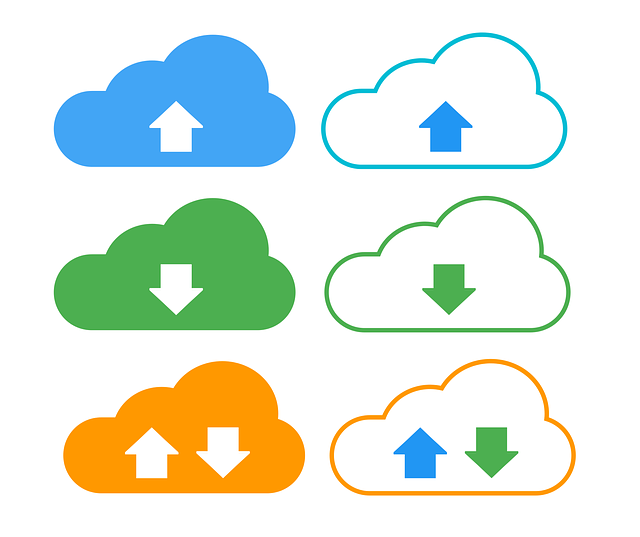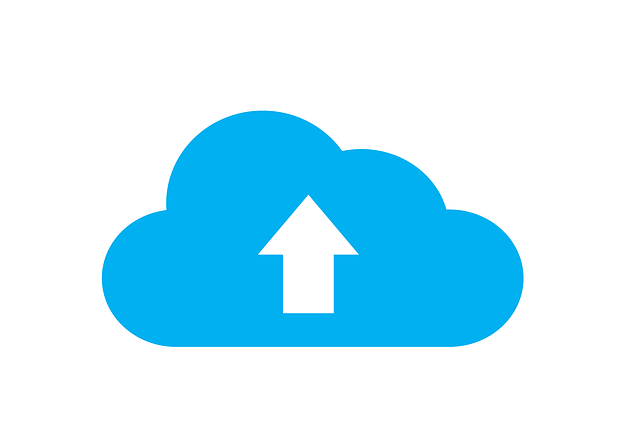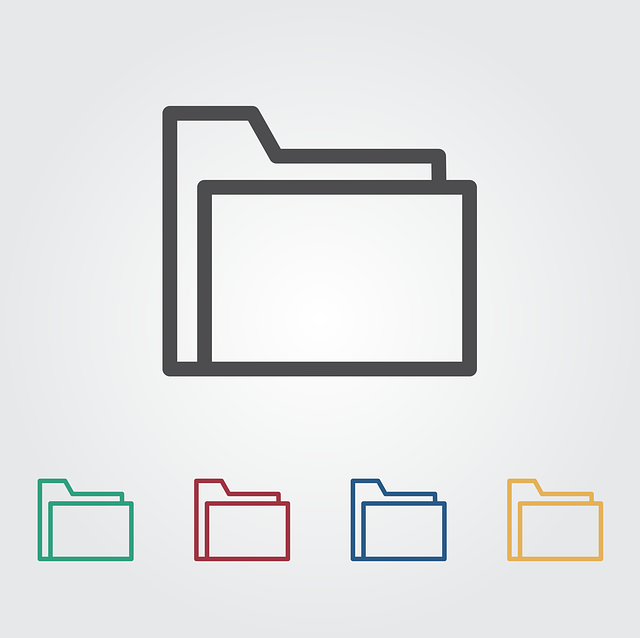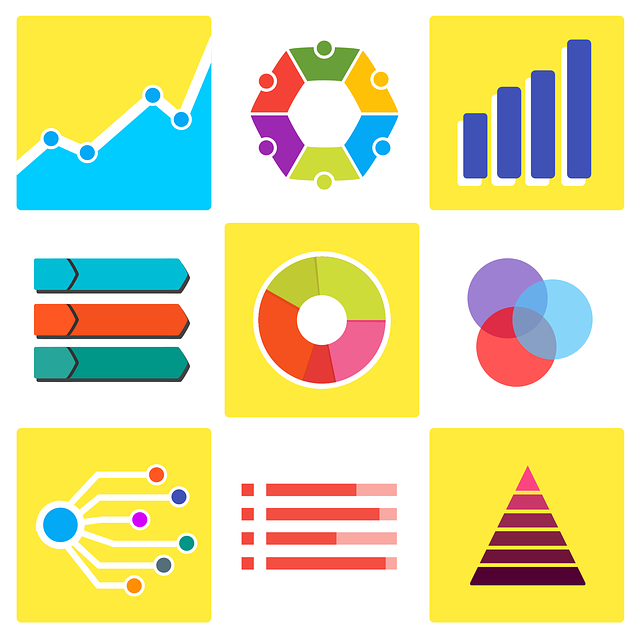
Cloud computing has revolutionized the way many industries, including healthcare, operate. Cloud computing has allowed healthcare providers to access data and systems from anywhere, improving efficiency, effectiveness, and accuracy.
This blog post will explore which cloud is best for healthcare, how cloud computing offers security to the industry, and what types of cloud computing are most commonly used in healthcare.
Analyzing the Benefits and Challenges of Healthcare Cloud Computing
Cloud computing is revolutionizing the world of healthcare, providing an invaluable tool to ensure cost efficiency and uphold data security.
Please read here to learn more about how healthcare providers and other businesses within the sector are increasingly embracing this high-powered solution as a reliable platform for storing and sharing critical information in today’s digital age.
Cloud computing reduces software maintenance, licensing fees, and infrastructure setup costs and boosts patient data access across multiple locations.
Cloud based healthcare solutions can be easily scaled to meet changing demands or newly implemented regulations. Cloud computing also offers robust security features such as user authentication and encryption that can help protect sensitive health information.
The Challenges of healthcare cloud computing
Healthcare cloud computing poses several challenges. Despite enhanced security measures often provided by cloud vendors, there are still risks associated with placing healthcare data in the cloud – such as unauthorized access by malicious actors or accidental data breaches due to incorrect configurations.
Cloud service providers may also have limited control over their networks, which could open up vulnerabilities to attack if they are not adequately managed.
Organizations must ensure they’re compliant with industry regulations, like HIPAA, when storing sensitive data — requiring documentation that confirms secure storage and access to authorized personnel only.

Other considerations when moving towards cloud-based systems, such as change management strategies or user training needs, should be addressed before implementation.
Cloud vendors should also clearly outline their service level agreement (SLA) terms so that any technical support requests are handled promptly and customers know their rights when seeking assistance from the vendor.
Leveraging cloud computing in healthcare is an opportunity to upgrade patient care and organizational operations, yet due diligence must be taken for a safe implementation. A thorough knowledge of the potential risks and benefits can guarantee success within existing systems.
How Cloud Computing is Revolutionizing the Healthcare Industry
Cloud computing has revolutionized the healthcare industry by bringing an array of advantages to its users. Scalability, monetary cost-efficiency, and heightened security are just a few assets offered through these systems that have enabled improved patient care while significantly lessening administrative paperwork for medical providers.
Cloud storage

Cloud computing is revolutionizing the healthcare industry, providing unprecedented levels of data security and scalability. Hospitals now have access to advanced storage mechanisms for vital medical information such as patient records, laboratory results, and x-rays — all secured in one reliable location: The cloud.
Cloud technology also provides advanced analytics capabilities that enable organizations to make data-driven decisions about their patients.
Healthcare professionals collaboration
Cloud computing is revolutionizing healthcare by connecting providers to one another in unprecedented ways. With cloud-based applications, physicians are able to access and exchange vital patient information like never before, allowing for faster collaboration across multiple organizations.
The power of the cloud has made communication between medical professionals easier than ever so that treatment can be delivered with greater speed and accuracy.
Payment for Healthcare systems

Cloud computing is revolutionizing healthcare payment systems and bringing convenience to the process. Providers can now accept electronic payments quickly, securely and with reduced operating costs while providing a safe environment for both doctor-patient interaction as well as financial transactions.
Better infrastructure
In addition, cloud solutions can help reduce the need for expensive IT infrastructure investments to support new applications or services while enabling more access to mission-critical data across multiple locations and improving compliance with regulations like HIPAA.
Less latency
Cloud computing can also provide faster access times by reducing latency issues caused by traditional on-premise systems. This can reduce user frustration due to slow loading times when accessing applications or data within a large distributed network environment such as a hospital or health system.
The Benefits of Cloud Computing for the Healthcare Industry
With cloud computing, healthcare delivery is poised to enter a new era of innovation – one where patient care can be optimized and secured. The opportunities afforded by this digital transformation are vast; from increased efficiency in operations to enhanced safety protocols against threats like data breaches.
By leveraging cloud technology, healthcare organizations can unlock new levels of operational efficiency and cost savings while providing even better care to their patients.
Cost saving

Cloud computing can be a significant cost-saver for businesses – allowing them to pay only for the services they need, when they need it. Without the heavy investments into hardware and software infrastructure upfront, organizations are capable of avoiding unnecessary expenses while still reaping all the rewards that cloud technology offers.
Scalability
Another benefit of cloud computing is scalability and flexibility. Cloud solutions are much easier to scale up or down depending on an organization’s needs and usage patterns.
Organizations with variable usage patterns – such as those serving large populations with varying health conditions – will find this especially beneficial as they can quickly add more capacity when needed without investing in additional hardware infrastructure. Cloud providers also offer a range of flexible pricing models, allowing organizations to choose the plan that best suits their budget constraints.
Electronic medical records
Cloud computing also offers significant improvements in terms of service quality and patient experience. Cloud solutions enable hospitals and other healthcare organizations to access data from anywhere around the world at any time, allowing them to respond quickly to changes in circumstances and providing better access for patients who otherwise might not receive timely care due to geographical distance or mobility issues.
Communication and data transfer
Cloud computing in healthcare also makes it easier for medical professionals working remotely or across different locations within a hospital system to collaborate efficiently and securely and share medical data between themselves or with other departments or caregivers when necessary.
Cloud systems security
Cloud computing offers a heightened level of security, making it the superior choice in comparison to traditional IT solutions. Investing in this technology provides organizations with invaluable peace of mind knowing their data is safe and secure.
Cloud providers adhere to strict security protocols explicitly designed for their environment while offering industry-leading encryption standards along with physical security measures such as multi-factor authentication (MFA) authentication methods like biometric identification technologies used at sensitive sites like hospitals or universities handling large amounts of sensitive data.
Data backups
Additionally, cloud platforms perform regular data backups. Suppose disaster strikes an organization’s local servers. In that case, a copy is always available immediately to prevent any extended downtime or lost data due to natural disasters such as floods or fires causing irreparable damage onsite.

In summary, cloud computing has many advantages over traditional IT systems when it comes to managing healthcare operations efficiently and securely while ensuring high levels of service quality for patients seeking medical assistance at any time from anywhere in the world — making it an attractive choice for hospitals and other healthcare companies seeking cost savings and improved service delivery in today’s digitally driven environment.
The Future of Healthcare With Cloud Computing – How It Impacts Hospitals and Patients

Healthcare is leveraging cloud computing to revolutionize the industry – enabling greater collaboration, improved patient care and data security.
Cloud-based solutions offer numerous advantages for healthcare companies, such as greater scalability, improved data access and storage, more efficient care delivery, and cost savings.
In the coming years, technology will revolutionize medical care as we know it. By harnessing the strength of cloud computing, healthcare professionals can deliver innovative treatments and improved patient experiences beyond traditional hospital walls. Healthcare is on track for a truly transformative tomorrow!
Cloud computing offers the promise of real-time data access and collaboration between providers, allowing them to provide better patient care at a lower cost.
Patient engagement
Cloud technology can also improve the patient experience by streamlining processes like appointment scheduling, providing access to medical records online, and enabling doctors to communicate with each other in real-time.
Data management technologies
Cloud computing allows hospitals to easily update their electronic health records (EHRs) with up-to-date information about medications, lab results, diagnoses, and treatments. This reduces errors related to outdated or missing information, which can result in incorrect diagnoses or dangerous drug interactions.

The use of cloud technology can also help hospitals manage the vast amounts of data and patient records they typically collect while providing patient care.
Accessing this data quickly can be difficult due to privacy regulations that limit physical access; however, cloud data storage makes it easier for hospitals to securely store vast amounts of patient data without moving it from its original location.
Data Analytics

Cloud analytics tools enable healthcare companies to analyze large volumes of complex medical data quickly and accurately to identify areas where costs need to be reduced or efficiency improved.
Remote monitoring
Cloud technology also enables remote monitoring of patients’ vital signs from anywhere in the world, which helps reduce wait times and improve continuity of care when managing chronic conditions like diabetes or heart disease.
The use of cloud computing in healthcare has just started, but there’s no question that it will revolutionize how patients are cared for and how hospitals operate in the years ahead.
Cloud computing in healthcare promises faster access and analysis of medical records; greater collaboration across healthcare organizations; improved patient experience through better communication; management of vast volumes of data; and cost savings throughout the entire healthcare system.
Cloud computing is a powerful tool that will profoundly impact healthcare both now and in the future.
Which Cloud is Best for Healthcare?
Regarding which cloud is best suited for healthcare, there are a few different options that can provide similar benefits while still addressing the specific needs of each organization or practice.

Cloud services like Microsoft Azure and AWS offer scalability and flexibility with highly secure platforms to ensure data privacy and integrity. IBM Cloud provides secure analytics solutions such as IBM Cloud Watson Health, enabling healthcare providers to gain insights into patient health data quickly and accurately. Google Cloud Platform also offers machine learning tools that enable organizations to make better decisions faster than ever.
How does Cloud Computing Offer Security in Healthcare?

Cloud computing provides unprecedented security in the healthcare industry from both physical and digital threats. Cloud-based solutions typically use encryption algorithms to protect sensitive medical information from unauthorized access and ensure that only authorized personnel access this information via secure authentication methods such as two-factor authentication (2FA).
Furthermore, many cloud solutions use multi-factor authentication (MFA) or biometric authentication methods like fingerprints or retina scans, which further increase security levels in the cloud environment.
Additionally, many cloud providers also employ rigorous security protocols, including firewalls, intrusion detection systems (IDSs), antivirus solutions, malware protection tools, etc., all designed to monitor threats in real-time and respond quickly when malicious activity takes place on their networks, so that patient data remains safe at all times.
What Types of Cloud Computing Are Most Commonly Used in Healthcare?
In the healthcare industry, two main types are primarily used – Infrastructure as a Service (IaaS) and Platform as a Service (PaaS).
IaaS solutions provide virtualized hardware infrastructure based on a pay-as-you-go model. This enables organizations to scale up or down depending on their needs without having any significant upfront investment outlays for capital expenses related to hardware setup or maintenance costs associated with traditional IT environments.
PaaS solutions focus more on providing development platforms such as APIs, databases, etc., allowing developers to easily create custom applications tailored specifically for their organization’s needs with minimal effort invested into the development process itself since much of the underlying infrastructure is already provided by the platform provider itself either free or paid depending on service plan chosen by the customer organization.
